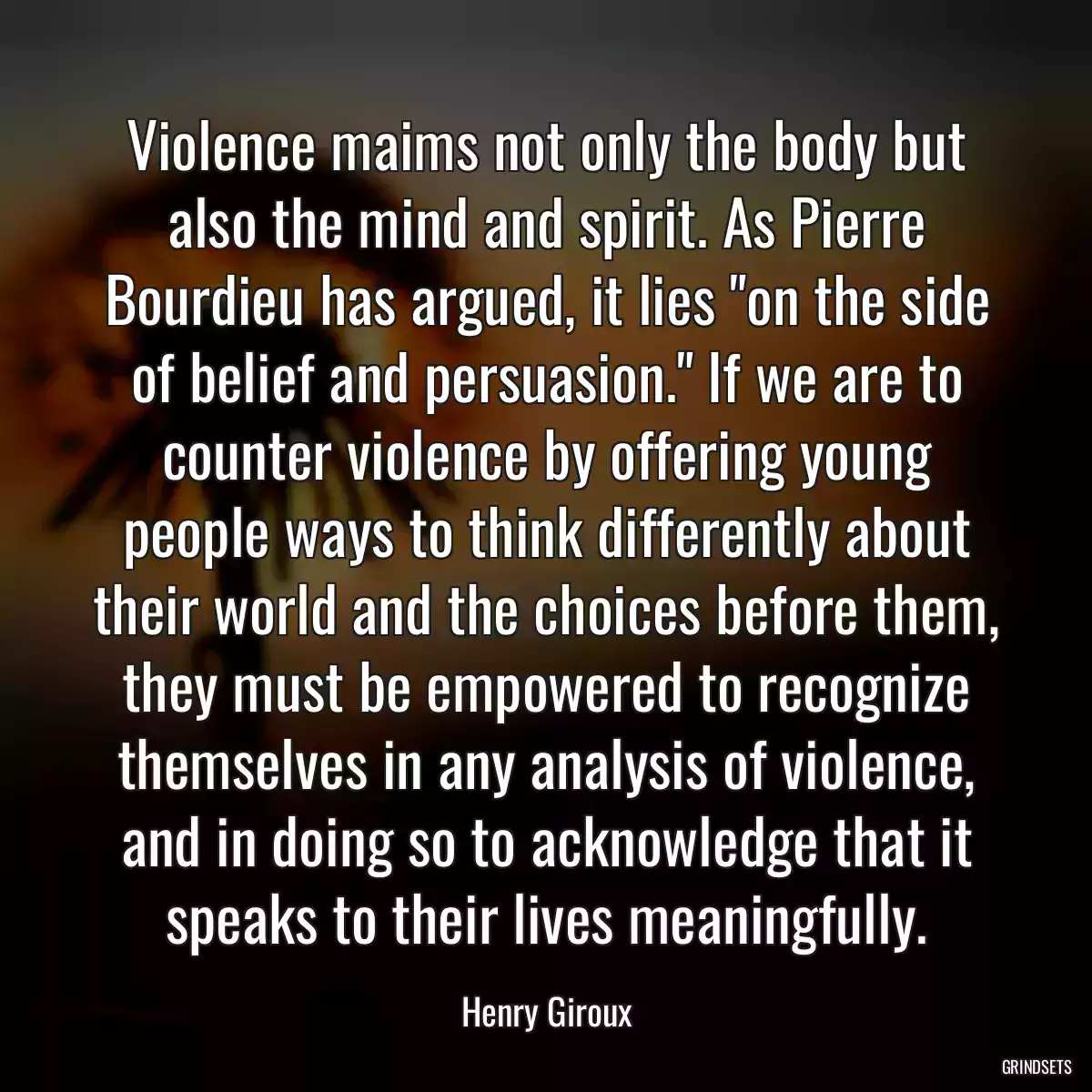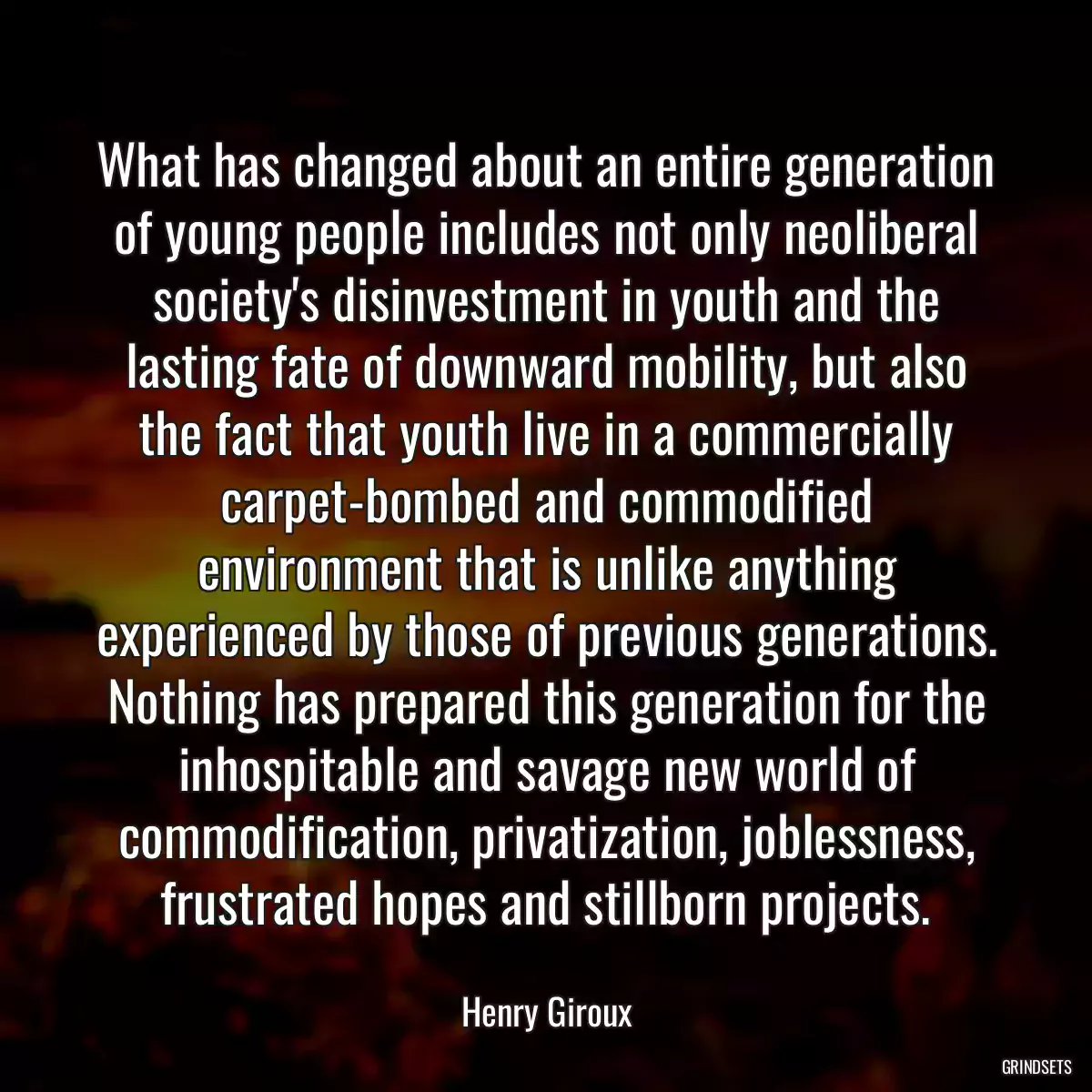![[Hillary Clinton] sort of very cautious kind of uncomfortable, clumsy interaction with the black lives movement, who are very smart in recognizing that historical memory matters, that those legacies live on when you don\'t identify them, when you\'re not willing to be in dialog with them, when you\'re not willing to be self-reflective about the very part that you played as part of that apparatus of power.](/fotos/ed/eda54c73aca6387a7d72e7e1699a2c5a.webp)
[Hillary Clinton] sort of very cautious kind of uncomfortable, clumsy interaction with the black lives movement, who are very smart in recognizing that historical memory matters, that those legacies live on when you don't identify them, when you're not willing to be in dialog with them, when you're not willing to be self-reflective about the very part that you played as part of that apparatus of power.

